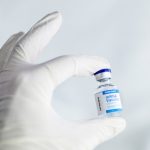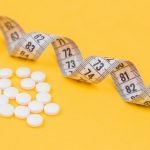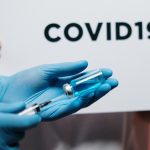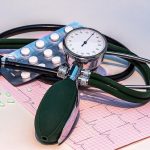People who had COVID-19 may only need one vaccine dose, new study shows
In a new study from he Penn Institute of Immunology, researchers found that people who have recovered from COVID-19 had a robust antibody response...
This personality trait linked to Parkinson’s disease
In a new study from the Florida State University, researchers found that the personality trait neuroticism is consistently associated with a higher risk of...
This existing heart drug could help treat obesity
It has long been known that obesity is an inflammatory disease, i.e. a chronic defensive reaction of the body to stress caused by excess...
Blood clotting related to the J&J COVID-19 vaccine: know the symptoms
Earlier this week, the Centers for Disease Control and Prevention (CDC) and the U.S. Food & Drug Administration (FDA) recommended a pause in administration...
Common anti-inflammation drug may increase your blood pressure
In a recent study published in the Canadian Medical Association Journal, researchers found that cumulative doses of oral steroids in patients with chronic inflammatory diseases...
This diabetes drug shows potential in fighting cancer
In a new study from Massachusetts General Hospital, researchers found that the anti-diabetic drug phenformin may prompt stronger cancer-fighting activities than its sister compound...
This study shows an important cause of grey hair
In a recent study from Harvard, scientists discovered that stress activates nerves that are part of the fight-or-flight response, which in turn cause permanent...
This stuff in ‘magic mushrooms’ may help treat depression
In a new study from Imperial College London, researchers found that psilocybin, the active compound in magic mushrooms, may be at least as effective...
A good, simple way to help beat COVID-19: Exercise
In a new study from Kaiser Permanente, researchers found that exercise does not only guard against chronic diseases that can plague people as they...
This diet with lean beef may lower your heart disease risk
In a new study from Penn State, researchers found that although eating red meat may have a bad reputation for being bad for the...










